A resource guide on what to do now that Antifa is “domestic terrorism.”
1. Precursor

We are writing this from June 1, 2020, two days after the Attorney General of the US declared he would be treating antifa as a domestic terrorist organization. As of the end of May, Trump has called for antifa, a leaderless non-organization, to be designated as a domestic terrorist organization, and for “leaders” to be apprehended.
To be clear, this classification will endanger all activists and protestors engaged in antifascist organizing and imagining – not just people who have gone into the streets dressed in all black.
The police repression we are about to witness is inevitable, given their consistent historical behavior and origins. It is more of a question of speed, context, and type. The pandemic, the capitalist crisis, and state brutality created the perfect cocktail for what is now happening in 2020.
We are frightened, but also steadfast in our faith that our communities can shift the outcome through organizing, preparation, and mutual aid. This zine is meant as a starting point, to know what to talk about and how to begin. The implications of this, combined with what is already happening in the streets, is frightening. We can hold our fear while also recognizing we are capable of infinitely more when we work collectively, rather than apart. This is not meant to deter you from action, but rather to help you learn the history and tactics to fight smarter, not harder.
2. The Effortless Label of Domestic Terrorist
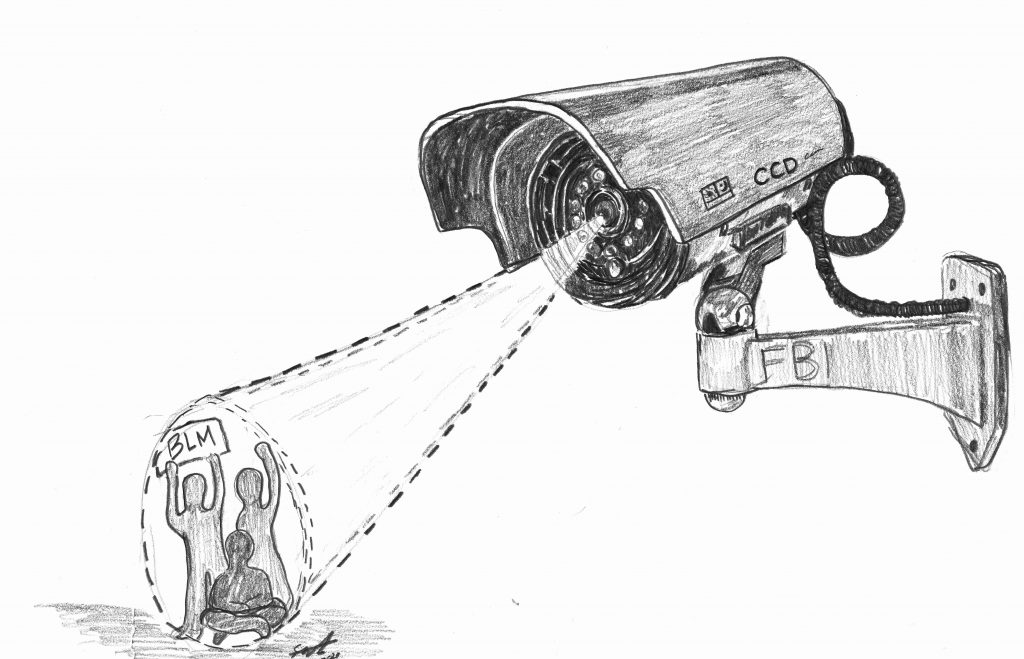
There are two major components in the government that indicate how this new designation will function.
The first is the the Patriot Act, the signature domestic legislation of the War on Terror, which authorizes almost limitless domestic surveillance. A Republican ushered in this bill in 2001, and a Democrat enhanced it in 2015. It was used extensively against Muslims and people of Southeast Asian & Middle Eastern descent following 9/11, and has an incredibly vague definition of “domestic terrorist.” Its imminent weaponization is unprecedented.
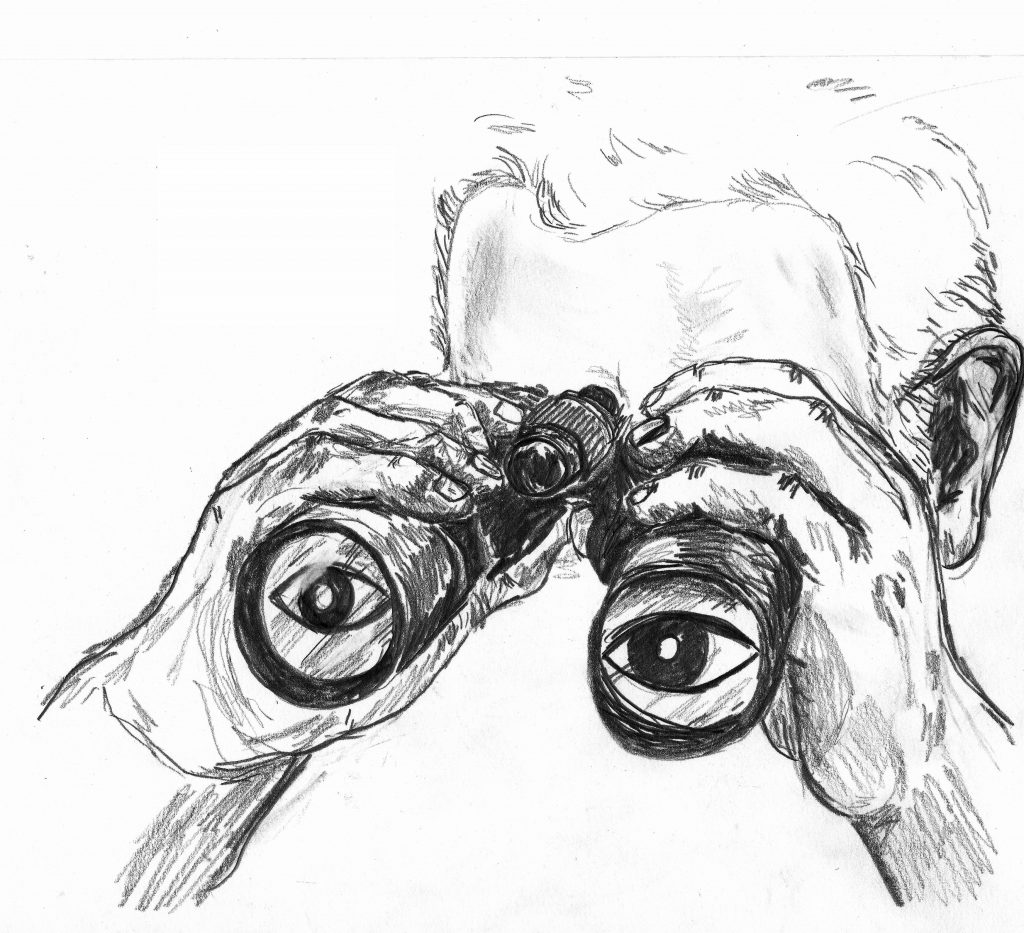
“the term “domestic terrorism” means activities that—
(A) involve acts dangerous to human life that are a violation of the criminal laws of the United States or of any State;
(B) appear to be intended—
(i) to intimidate or coerce a civilian population;
(ii) to influence the policy of a government by intimidation or coercion; or
(iii) to affect the conduct of a government by mass destruction, assassination, or kidnapping; and
(C) occur primarily within the territorial jurisdiction of the United States”.
With that definition, it is relatively easy to take a crowd that is justifiably angry by cops’ wanton murder of black people and designate them as a terrorist organization. Its power is precisely its vagueness: it can be applied to any protestor. The label of domestic terrorist then gives the state the power to deny you any human rights without consequence. As we have seen with innocent people detained for years without trial or charges at Guantanamo, we can expect the Act’s expansion to include vastly more American citizens than before. This is an escalation of the War on Terror to include domestic radicals.
3. The National Defense Authorization Act Dancing with the Patriot Act
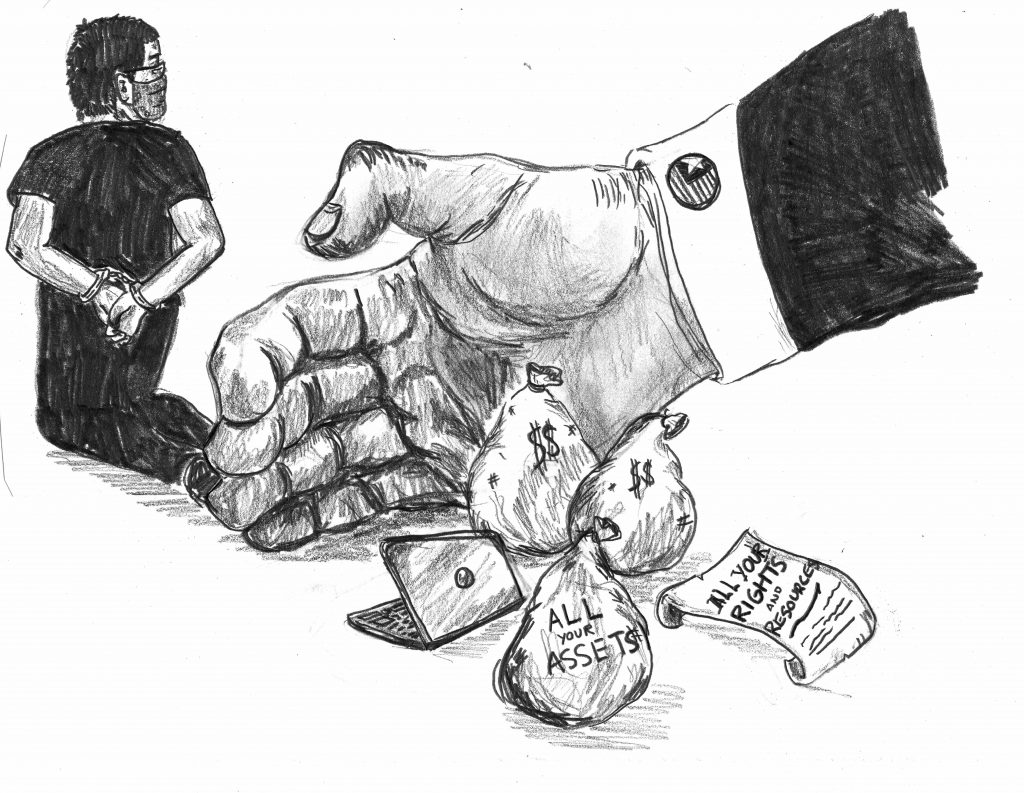
The NDAA, brought in by Obama and re-signed by Trump on the eve of 2020, is where special powers like “indefinite detention” of “domestic terrorists” is allowed. The add-on here is that the Patriot Act allows for the seizure of all assets. Not only is it effortless to label you a domestic terrorist, but you and your friends, who collectively may have enough money to bail out one of you or hire a lawyer, can’t even do that if your money has been taken. Your means of travel, your laptops…nothing you own is secured. Lawyers may suggest legal processes, but they’re invested in their misguided faith in the law’s power, and are demonstrably refusing to acknowledge the Trump administration’s strategic dismissal of the law for personal benefit.
4. The Current Situation
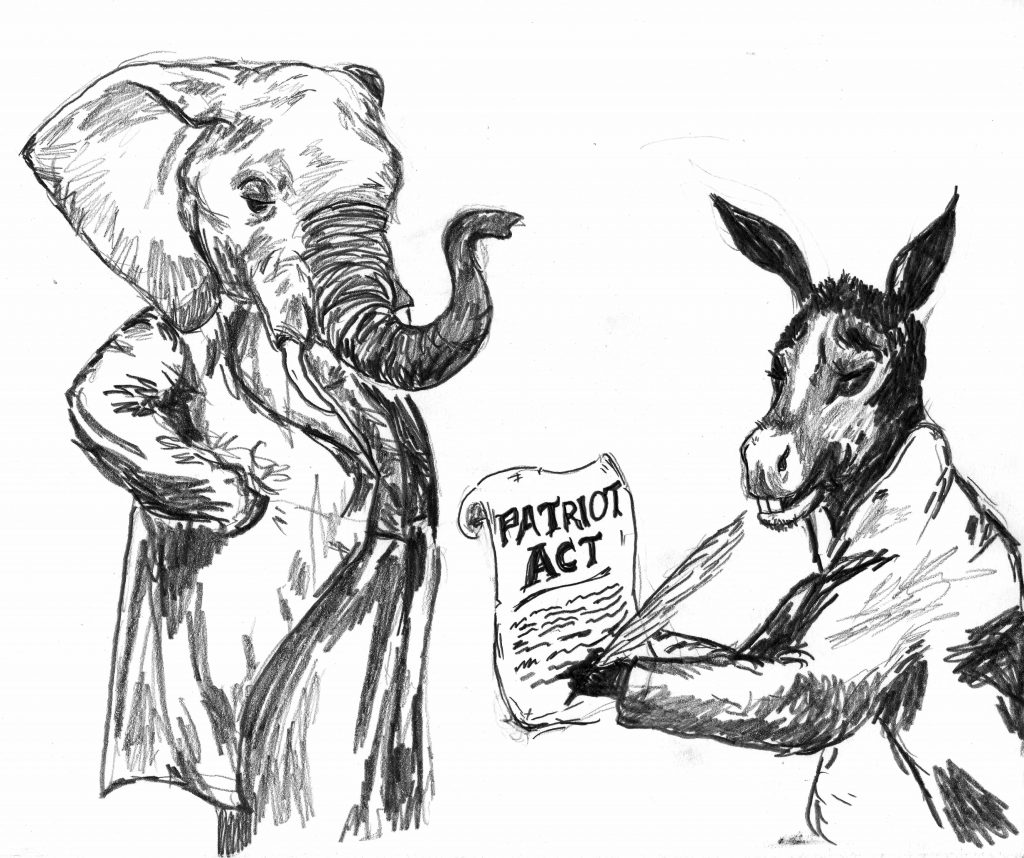
As of May 31st, Attorney General Barr (who once said the President should have complete authority to enforce or not enforce laws) issued a statement from the DOJ website.
Excerpts:
“Federal law enforcement actions will be directed at apprehending and charging the violent radical agitators who have hijacked peaceful protest and are engaged in violations of federal law.”
“To identify criminal organizers and instigators, and to coordinate federal resources with our state and local partners, federal law enforcement is using our existing network of 56 regional FBI Joint Terrorism Task Forces (JTTF).”
“The violence instigated and carried out by Antifa and other similar groups in connection with the rioting is domestic terrorism and will be treated accordingly.”
Many Democrats are toeing this line, with Mayor Frey of Minneapolis even suggesting that organized crime and “foreign actors” are participating in this to destabilize the region. The media and both parties are sharp-fanged mouths of the multi-headed hydra working to deceive and coopt this moment.
As the rebellion continues, even within the next few weeks, radicals should expect door knocks on their homes and their communities’ homes. The Bay Area may be the first region to experience this, due to the death of a Homeland Security rent-a-cop and the immediate welcome of investigating FBI officials’. Already, protestors being held in Santa Rita Jail on rioting or looting charges this weekend are being kept an additional four days, awaiting arraignment.
You should begin to consider what you will do if you receive a knock on the door—hard or soft. It might be law enforcement asking questions, demanding you to open your door, or even forcing entry unexpectedly.
This zine does not cover these topics, go to antirepressionbayarea.com or google* “Anti Repression Bay Area” to access their resources about these encounters. We suggest starting with their zine, “What to do When Law Enforcement is at Your Door.” We are not affiliated with them, but respect their work, and use them as a reference in this writing.
*Google as a company and search engine has dubious security. One more secure alternative is DuckDuckGo.
5. Building an Emergency Plan
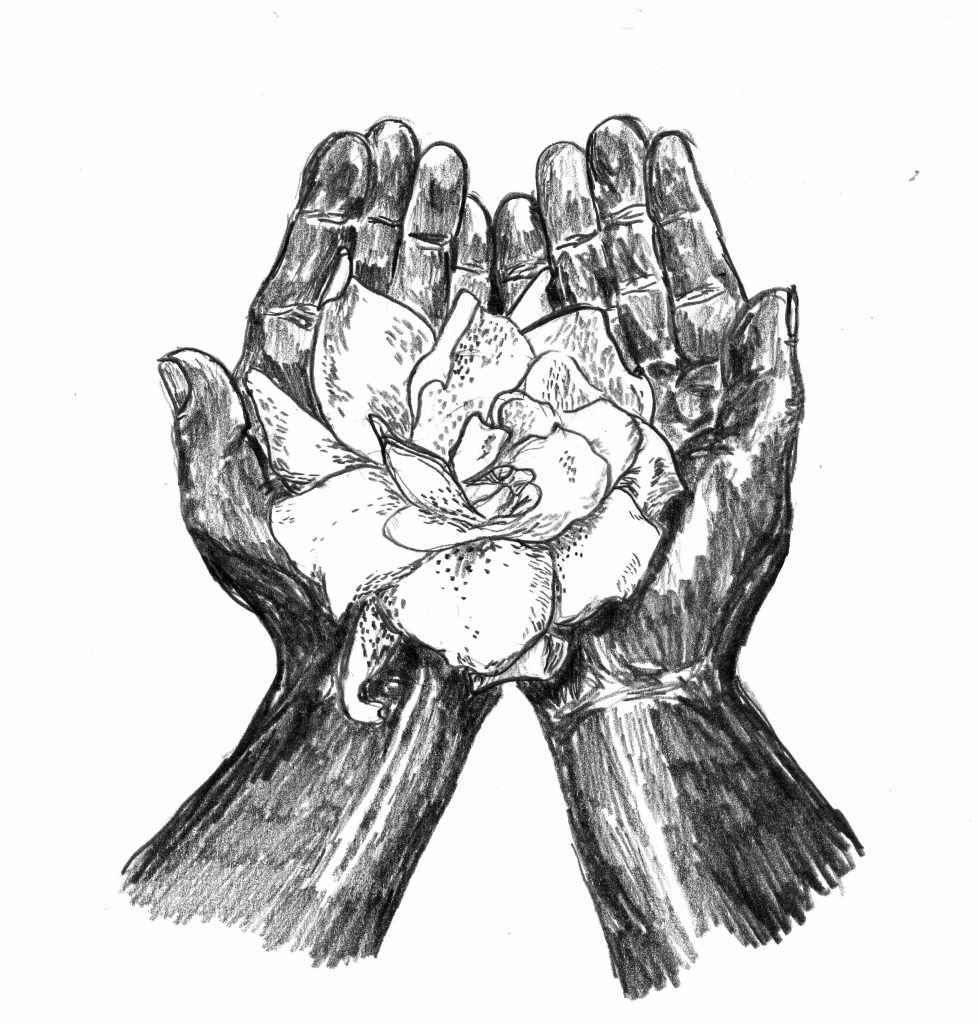
You need to have plans in place, ideally in advance. Here are some discussion questions around security for your pod, affinity group, or crew to help start planning.
Immediate Safety and Resources:
What are ways you can provide and preserve resources?
How should you handle money in this time?
How do you respond to a soft knock versus a hard knock?
What happens if one or all of you get taken?
Does your group have people who are more at risk than others? What can you do to better protect them?
What about families of people taken?
Do you have response protocols in place if someone you live with is taken?
The usual responses, such as jail support and/or bail may not happen here at all. The situation has changed and it is possible that when people are taken, they will disappear to us.
Digital Security:
What are measures you can take now to mitigate the chances of detection by the feds?
How diligent have your social media and internet security protocols been?
Is there a possibility you have already been compromised?
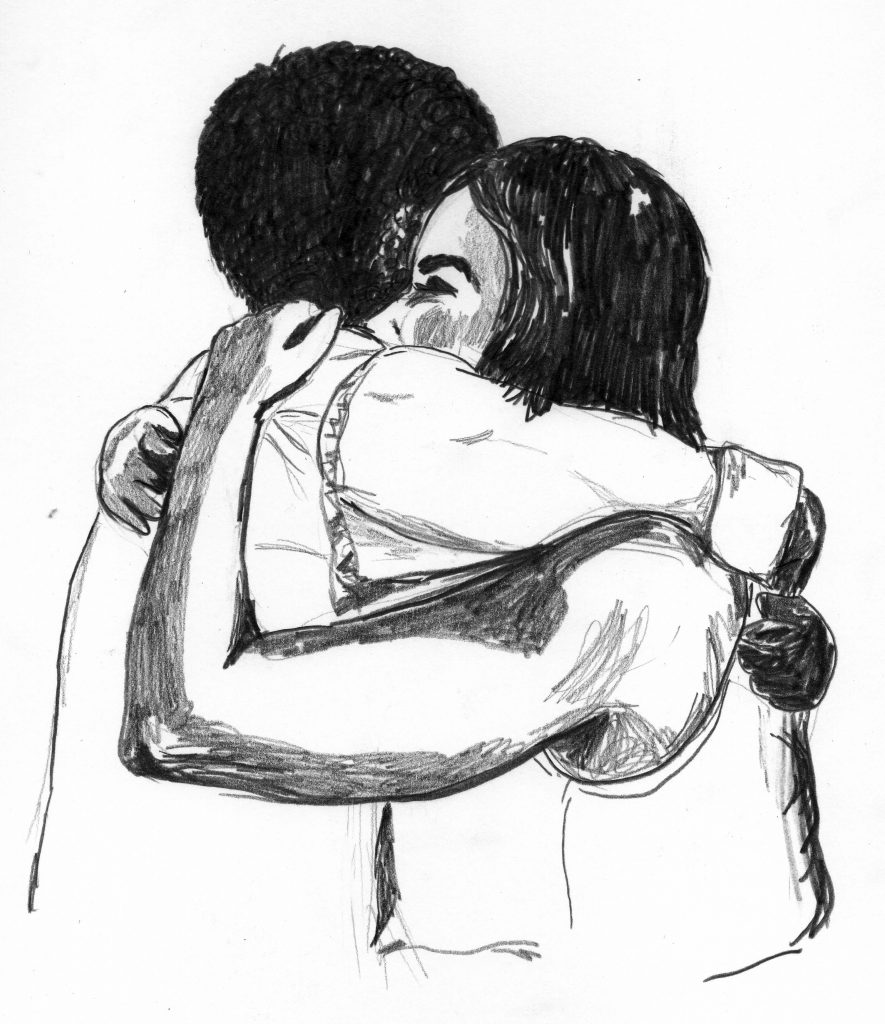
Have you cleaned up your digital footprints?
Think about the spaces, both physical and digital, that you inhabit, and what the implications of your presence means for you & your security.
A place to start is using secure platforms: Signal (messaging), Cryptpad (Word Processing), Firefox (Web Browsing), the zine “Security Culture for Activists” by the Ruckus Society is an excellent resource.
Self Preservation:
Is each member of your team’s situations with regards to daily life somewhat stable and generally in order?
Are there places where you are currently working that you should dial back in to preserve your energy and that of your team?
Do you have people who you can go to for support securely, and can you commit to practicing collective care with them?
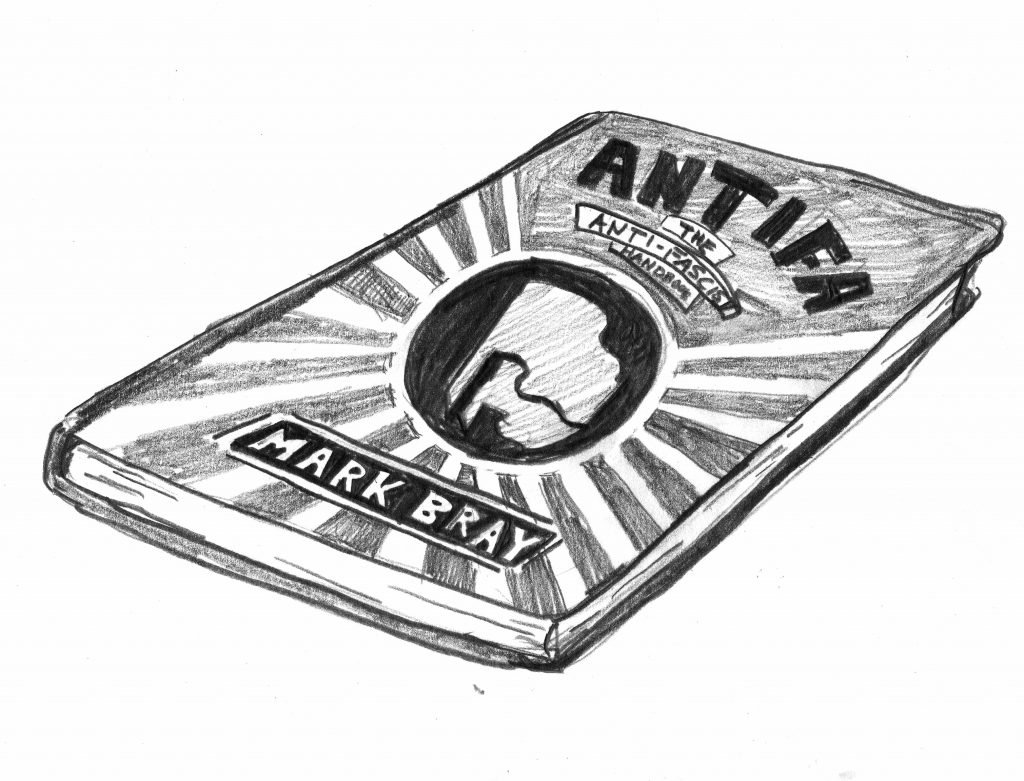
Glossary
Antifa: people (not an organization) who are against fascism and racism and oppose far right white supremacist terror. For more info read Antifa by Mark Bray.
Mutual aid: providing support and resources for each other
Arraignment: beginning stages of court proceedings if you are charged with any crime
War on terror: A global campaign by the US following 9/11, increasing the powers of government/military to police anyone who is deemed a risk
Hiding Place Press is an anti-repression zine collective striving for a better world. They release safety guides, information for protestors, and other radical content.
Artwork by Sarah Aineb. Sarah “Swai” Aineb (they/she) is a San Francisco born and based artist, primarily working in printmaking, filmmaking, and illustration. Their work is mostly non-fictional, focusing on their personal experiences with a highly introspective lens. However, Aineb also works with fictional narratives they’ve created, especially with their short films.
